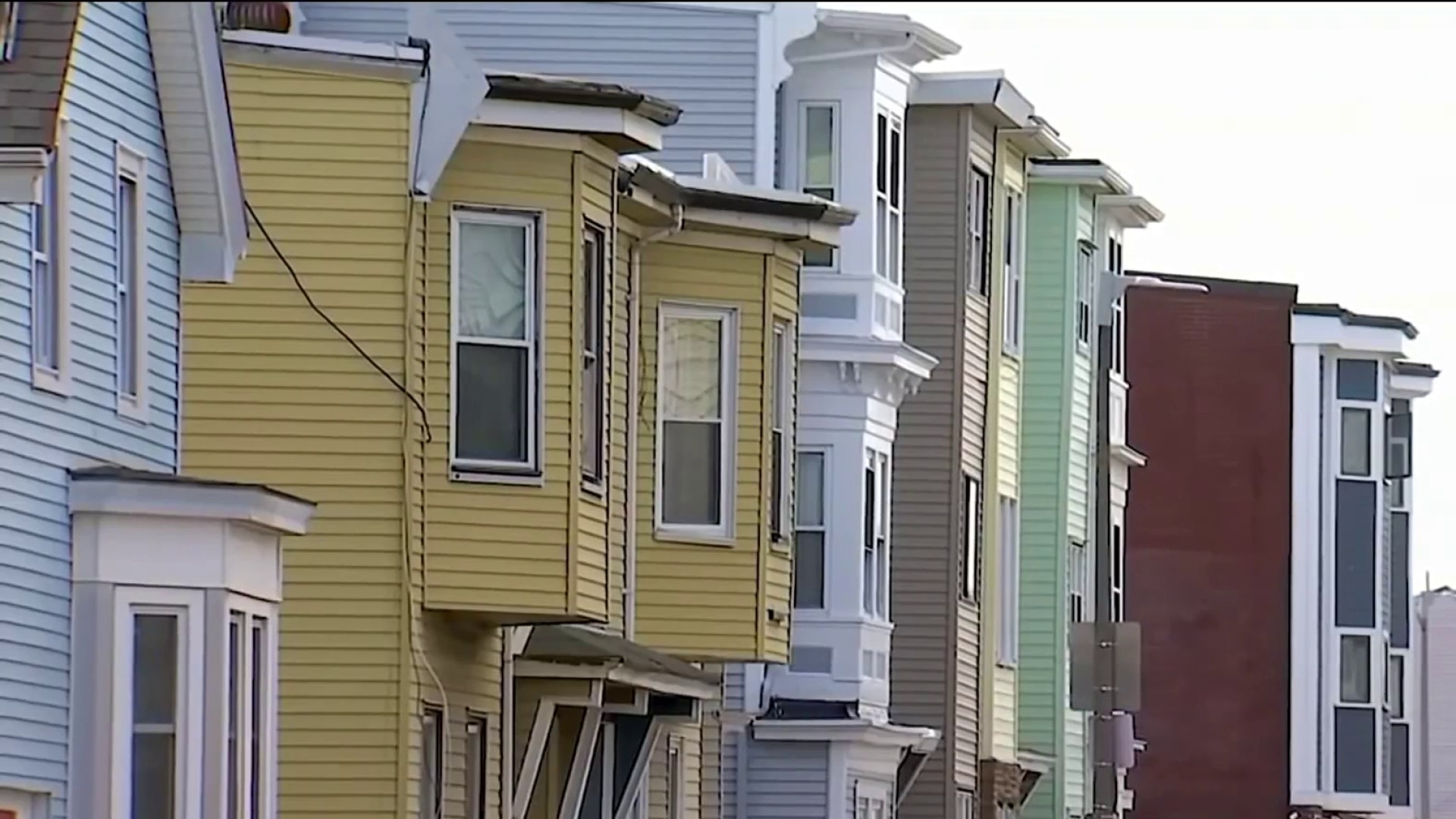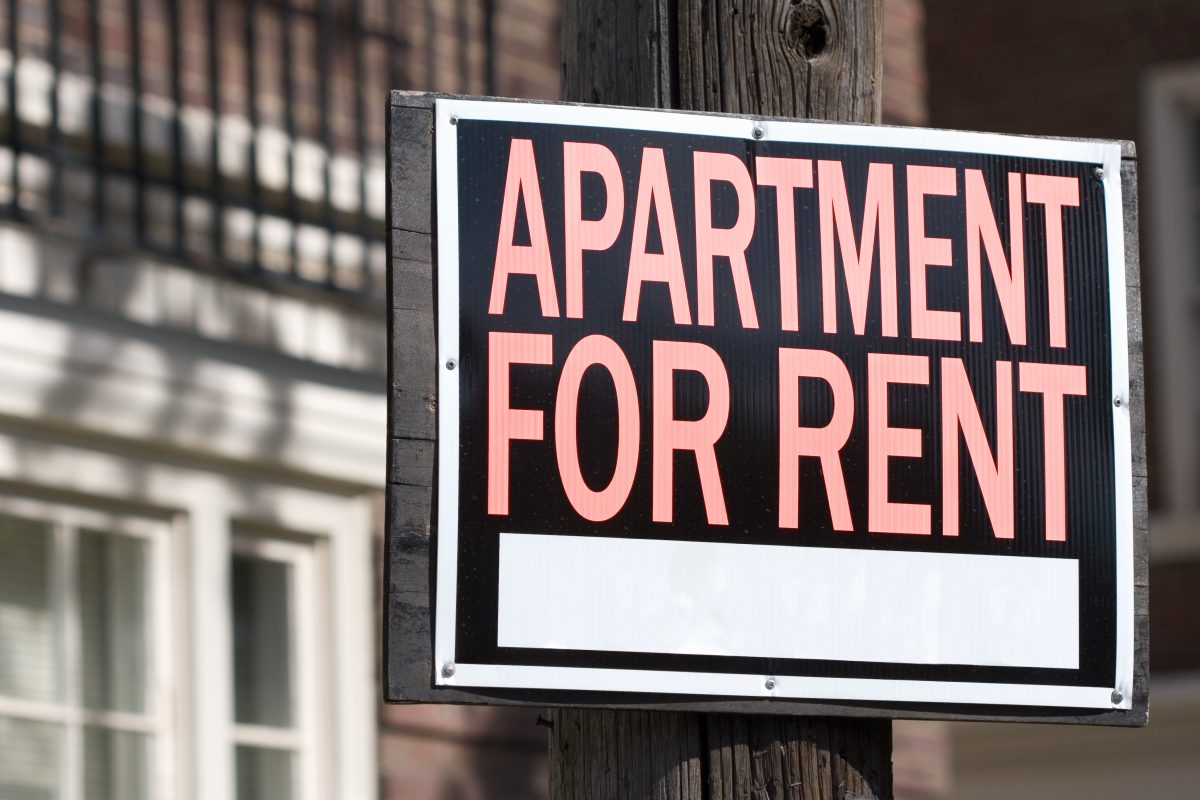The number of eviction filings in Boston has returned to pre-pandemic levels, according to Princeton University's Eviction Lab.
The new report comes as one of the remaining statewide eviction protection policies is about to expire.
"The increase in luxury housing, the lack of affordable housing, the inflation, the pandemic are all driving evictions right now," said Jessica Drew, senior attorney with Greater Boston Legal Services. "I have clients who are making real tough decisions between buying food, health care, child care and housing, and often, housing goes on the backburner when you have other immediate needs that you have to address."
A coalition of advocacy groups in Massachusetts is urging state legislators to extend an eviction prevention policy known as "Chapter 257," which is set to expire on March 31.
Get New England news, weather forecasts and entertainment stories to your inbox. Sign up for NECN newsletters.
"When you are a tenant and you declare that this case is solely for non-payment of rent, the case has to be continued in order for you to explore rental assistance. That is required by the law now. That won't be required if 257 expires, so you will be at the mercy of trying to negotiate with a landlord," said Drew.
Massachusetts' Rental Assistance for Families in Transition program, or RAFT, provides up to $10,000 per eligible household facing eviction, loss of utilities or other housing emergencies, to help preserve current housing or move to new housing. You can see how to apply here.
"The reality is that if the state does not extend Chapter 257, there will be vulnerable families that will end up on the street, when with just a little more time, their case could have been resolved with rent assistance that kept them in their home and made the landlord whole," said Isaac Simon Hodes, director of Lynn United for Change.
More on housing in Boston
"The problem with Chapter 257 is that it puts a hold on evictions. A tenant can say, 'Well, I have filed for assistance,' and then the court is not allowed to proceed any further. But in many instances, tenants have already maxed out what they can get under the RAFT program and the other rental support programs, or they're simply not eligible," said Mitch Matorin, a landlord and attorney who filed a lawsuit challenging Boston's eviction moratorium in 2021.
Matorin said he went a year without receiving rent from a tenant during the pandemic due to the state moratorium.
"And so you stop the eviction with Chapter 257, the result is foreordained because they're not eligible to get that support. And so what happens is that everything drags on for months more and the landlord continues going without the rent, because nothing is being paid. And at the end of the day, they're left holding the bag for this. So you know, if you're going to massively increase the amount of money that's available to clear back rent, I think that what you'd find is that the evictions would naturally go down because the back rent has been cleared," said Matorin.
"We just don't have enough quality affordable housing," said Simon Hodes. "Rents are increasing rapidly, completely out of control. I think those factors are combining and pushing people to the limit."
"The fastest way to stop eviction and to stem displacement is to provide protections for renters," said Boston Mayor Michelle Wu. "So we've passed the rent stabilization home rule petition at the city level, it's up at the state house now and we are going to continue fighting to make sure that we can get resources to build more affordable housing, help more people become homeowners and do what we can so we can provide the housing that people need and can afford."



